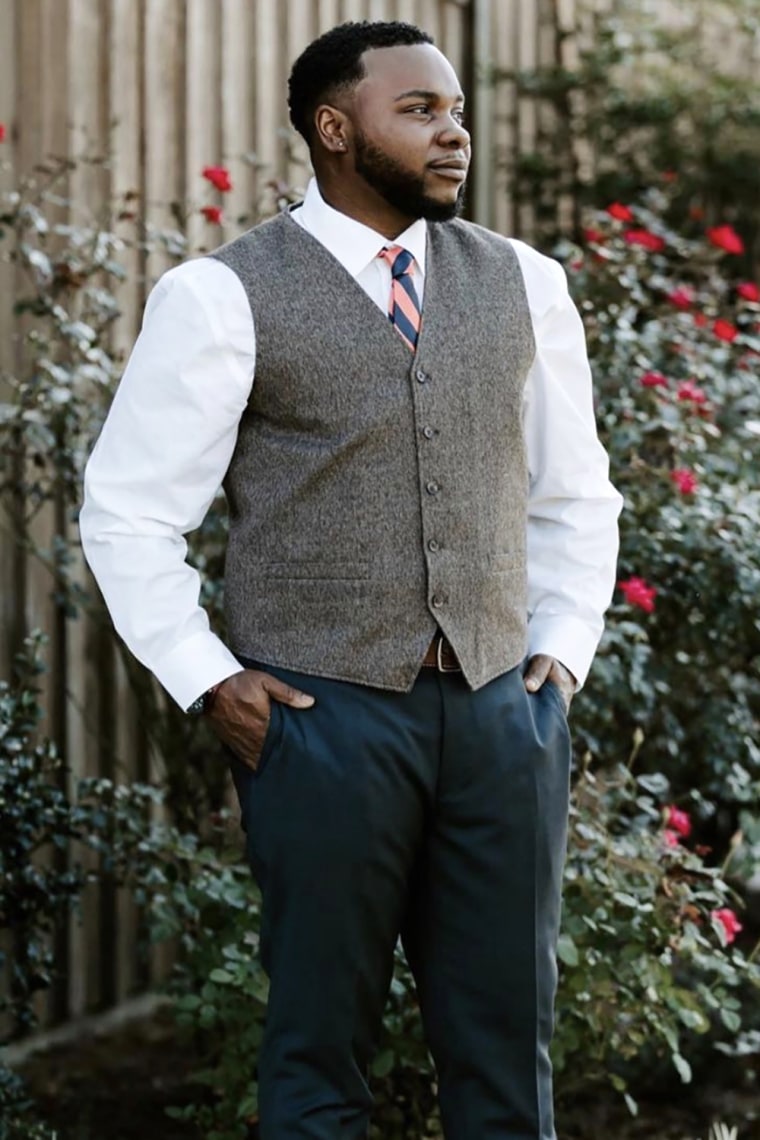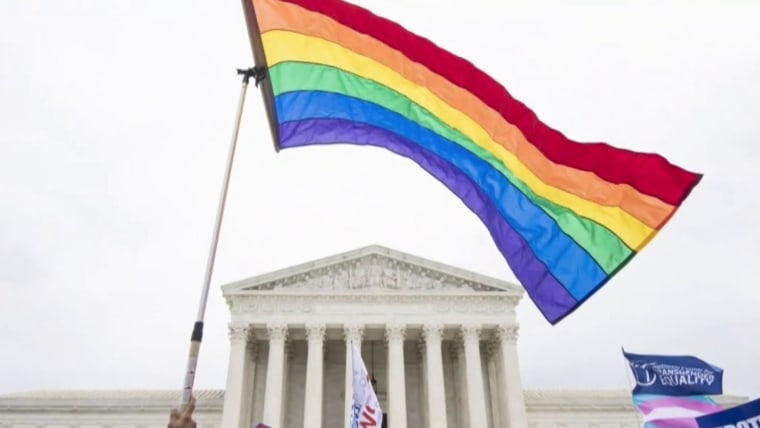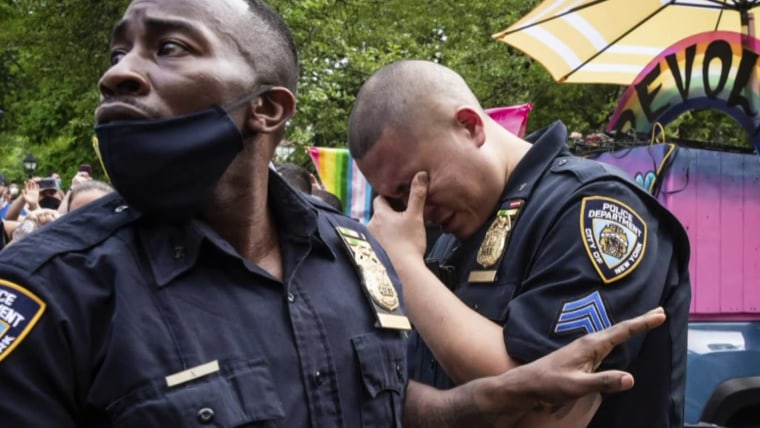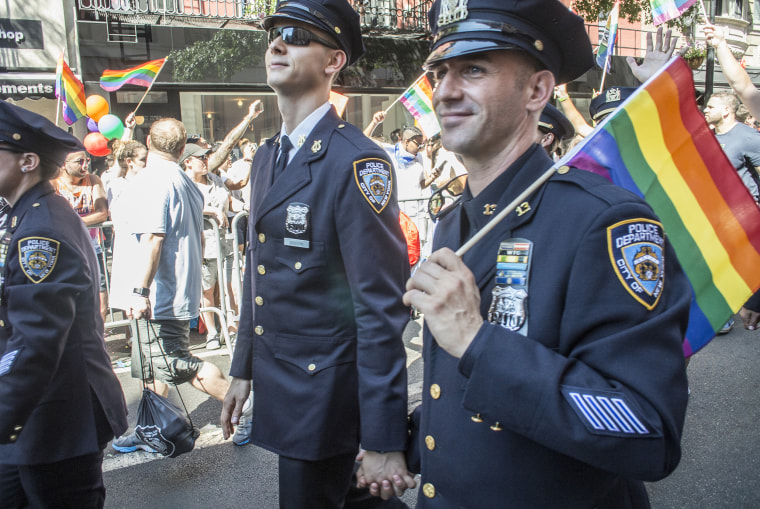GLAAD’s second annual 20 Under 20 list features a diverse collection of young changemakers
GLAAD, the world’s largest lesbian, gay, bisexual, transgender and queer (LGBTQ) media advocacy organization, today revealed its second annual 20 Under 20 list, spotlighting twenty young LGBTQ people, ages 20 and under, who are accelerating acceptance of LGBTQ people while shaping the future of media and activism. GLAAD’s 20 Under 20 list is presented by Google, with Official Sponsors UGG® and Shutterfly.
GLAAD’s 20 Under 20 list launched this morning in Teen Vogue, featuring individual portraits of each honoree captured on the Google Pixel 5 by Mayan Toledano of Pixel’s Creator Labs. See the full list here.
“More than ever before, young LGBTQ people are changing the way the world sees and understands LGBTQ people, while leading the charge to create a safer, more inclusive and equal society for all,” said GLAAD President & CEO Sarah Kate Ellis. “Whether it’s driving LGBTQ visibility and representation in national politics, local activism, music, or Hollywood, the honorees on this year’s 20 Under 20 list are a testament to the power that young LGBTQ people have to create lasting cultural change.”
Full profiles of the 20 Under 20 honorees can be found at TeenVogue.com. This year’s honorees include:
- Amiri Nash, he/him, 19. Amiri is an artist, activist, writer, and a DC Youth Poet Laureate who co-founded Sign of Justice, a project that creates signs in predominantly white neighborhoods to raise awareness about racial injustice and other social issues.
- Andrea Alejandra Gonzales, they/she, 20. Andrea is a Mestiza queer activist and organizer, currently working as the Director of Operations for Youth Over Guns and an Instructor through New Yorkers Against Gun Violence Education Fund’s school program, ReACTION.
- Andrew Adams, he/him, 20. Andrew is student and activist from Florida who successfully sued his school board for restricting him from using the men’s restroom because he is transgender, becoming the country’s first trial involving a transgender student’s equal access to restrooms.
- Ashton Mota, he/him, 16. Ashton is a GenderCool Project Champion who is well known for being a public face for the “Yes on 3” movement in Massachusetts, which successfully upheld a law allowing people to use restrooms and public facilities that align with their gender identity.
- Austin Houck, he/him, 20. Austin is the founder of Homoglobin, a nonprofit dedicated to advancing queer equality in healthcare and education, which was instrumental in helping to pass HB 916 in Virginia in 2020.
- Cyn Gómez, they/them/elle, 18. Cyn is a LGBTQ and mental health activist who serves as a member of the Mental Health America’s Youth Leadership Council, an ambassador for the Tangible Movement, and a Commissioner on Homelessness for the City of Berkeley.
- Darid Prom, any pronouns, 20. Darid is a queer immigrant who has worked with GLSEN, GLAAD, and multiple nonprofits to promote the liberation of LGBTQ people of color, and has testified in front of the House Committee on Oversight and Reform on the impact of anti-LGBTQ bills on LGBTQ youth.
- Eli Bundy, they/them, 17. Eli is a trans and non-binary student and activist who led their school’s Gender and Sexuality Alliance in successfully striking down South Carolina’s “No Promo Homo” policy, the first time such state law has been abolished by a federal court on constitutional grounds.
- Gia Parr, she/her, 17. Gia is a GenderCool Project Champion who uses her platform to educate the public about trans youth. In addition to guest starring in season 2 of Pose, she recently released a book titled, “A Kids Book About Being Transgender,” which helps start conversations between children, parents, and families about what it’s like to be a young trans person.
- JoJo Siwa, she/her, 18. JoJo is a global popstar and one of the most influential teenagers in the world, with over 45 million social media followers across platforms. Earlier this year, JoJo came out as a member of the LGBTQ community and continues to use her platform to promote necessary messages of LGBTQ acceptance and equality.
- Kaylyn Suji Ahn, she/they, 17. Kaylyn is a queer student and activist who organizes monthly projects in their community centered on social justice, advocacy, and community service. Kaylyn spearheaded a “March for Asian Lives” demonstration in Arlington Heights, Illinois to call for an end to anti-Asian hate following the horrific Atlanta shooting in March 2021.
- Max Prestigiacomo, he/him, 19. Max is a student, community organizer, and politician who was elected to the Madison Common Council in April 2020, becoming the youngest elected official in the country and the youngest ever to sit on the Madison Common Council. He also became one of the first out LGBTQ candidates ever elected in Madison.
- Molly Pinta, she/her, 15. Molly is a bisexual student and activist who founded a nonprofit called The Pinta Pride Project to increase LGBTQ awareness within suburban communities in Illinois. She also launched her town’s first-ever Pride celebration in 2019 and served as the Youth Grand Marshal of the 2019 Chicago Pride Parade.
- mxmtoon, she/her, 20. mxmtoon is a bisexual artist, songwriter, actor, designer, and gamer with over 2.9 million social media followers. Well known for playing the ukulele and her unique bedroom pop anthems, including her hit single prom dress, mxmtoon’s music has been streamed over 500 million times across platforms.
- Onyx (E. Smith), they/them, 19. Onyx is a Black, queer, non-binary activist who founded the Central Texas GSA Coalition to enhance the impact of GSAs in the Austin, Texas area. They also created a project called Q+ EDU, an interactive virtual experience designed to connect, inform, and empower LGBTQ and allied students, parents, and educators.
- Soleil Wheeler a.k.a Ewok, he/him, 15. Ewok is a professional Fortnite player who is part of the FaZe Clan, and recently signed an exclusive streaming deal with Twitch, where he has over 346,000 followers. On National Coming Out Day in 2020, Ewok publicly disclosed that he is transgender and bisexual, becoming the first transgender man in the T1 esports organization.
- Stella Keating, she/her, 16. Stella is a GenderCool Project Champion and aspiring politician who made history by becoming the first transgender teen to testify in front of the U.S. Senate when she spoke during a hearing on the Equality Act in March 2021.
- Trevor Wilkinson, he/him, 18. Trevor is an openly gay student from Texas who, after being suspended from his high school for wearing nail polish, successfully influenced his school administration to adopt a gender-neutral dress code policy following the launch of a petition signed by over 400,000 supporters.
- Ve’ondre Mitchell, she/her, 17. Ve’ondre is a Black and Latinx transgender social media star who uses her platform to amplify conversations about trans inclusion and representation to her more than 3.6 million followers across TikTok and Instagram. In 2021, she was nominated for the first-ever “TikTok Queer Advocate of the Year” award at the 32nd Annual GLAAD Media Awards.
- Yasmin Finney, she/they, 17. Yasmin is a rising Black British trans actress who rose to prominence on TikTok with videos sharing her experience as a Black trans woman. She is set to star as the lead role in Orion Pictures’ coming-of-age film What If?, directed by Billy Porter, as well as in Netflix’s upcoming series Heartstopper.
“As a GLAAD board member, I’m so inspired by these 20 individuals who are creating a safer and more inclusive world for LGBTQ+ people,” said Adrienne Hayes, Vice President of Marketing at Google and Co-Global Executive Sponsor of PRIDE at Google. “Across Google, we’re constantly striving to make our products and platforms more inclusive for everyone and I am so proud that Google Pixel could play a role in celebrating these honorees.”
The honorees on GLAAD’s 20 Under 20 list were selected by an internal committee at GLAAD, specializing in LGBTQ entertainment, media, and activism. Honorees were chosen based on the following criteria: 1) The honoree works to positively affect marginalized communities, particularly LGBTQ people; 2) The honoree has been featured in or a part of broad regional or national news media stories, public media campaigns, or other public media initiatives; 3) The honoree enhances representation for LGBTQ people through media advocacy; 4) The honoree utilizes an intersectional approach to LGBTQ advocacy.
GLAAD launched its inaugural 20 Under 20 list in June 2020, featuring model Aaron Philip, rapper Kidd Kenn, actors Ian Alexander, Joshua Rush, Josie Totah, and Logan Rozos, activists X González, Jazz Jennings, Jamie Margolin, and Sarah Rose Huckman, among others. Check out last year’s list here.
GLAAD’s 20 Under 20 honorees gain access to a network of resources made available by the largest LGBTQ media advocacy organization in the world. 20 Under 20 honorees will receive the opportunity to participate in an exclusive live-stream media training hosted by the GLAAD Media Institute. Throughout the year, GLAAD will also help give greater visibility to the 20 Under 20 honorees in the media, including opportunities such as helping to secure media placements, elevating projects on social media, and connecting honorees with unique industry resources for achieving their future goals.
For more information about the 20 Under 20 program, visit www.glaad.org/20under20.




